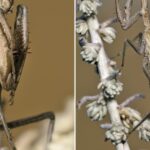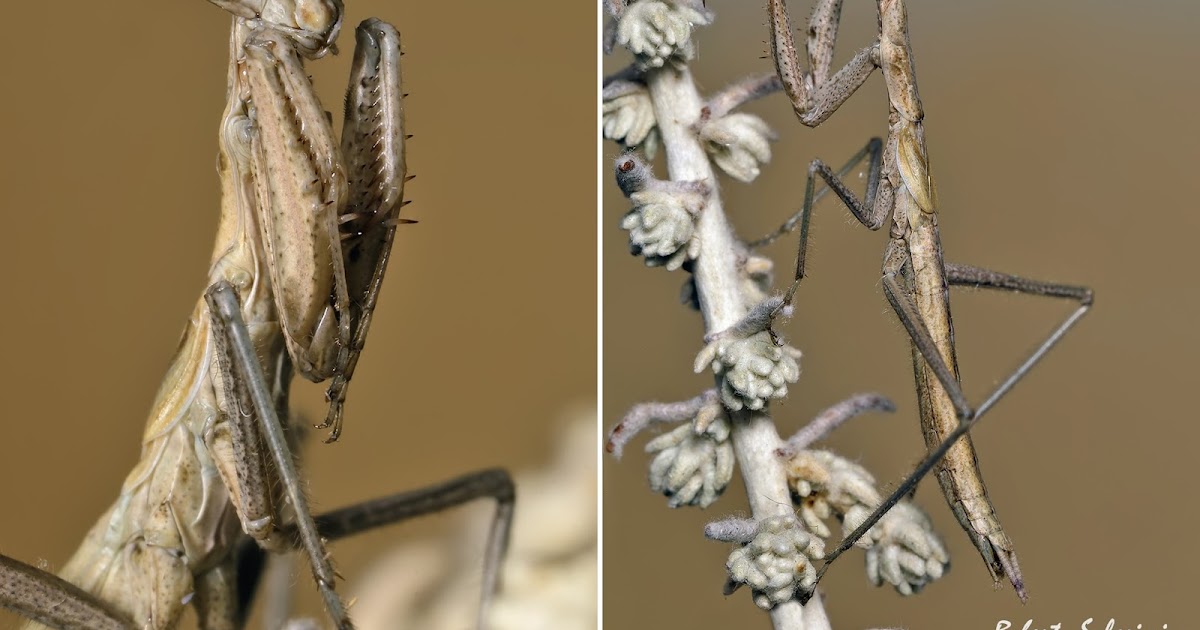A recent study found the first evidence that sperm microRNAs act as carriers of epigenetic information, allowing intergenerational transmission of paternal exercise capacity and metabolic health, thus exerting profound effects on the development of offspring.
The bad news, if you want an excuse for your poor fitness, is that this is epigenetic and only in mice, which means it’s only EXPLORATORY. Mice are not little people, and epigenetics lacks the same biological foundation as real evolution and genetics.
Human beings have always had variations in physical performance. We are not all born the same as Usain Bolt and our ancestors also had large differences in sustained physical performance related to hunting, migration and predator evasion.
The new paper posits that our modern, affluent lifestyle makes exercise less essential for survival, meaning that sedentary behavior and physical inactivity have become the norm.

Credit: Cellular Metabolism
Exercise is still a good thing, but if kids don’t play baseball or work as much on a farm, they don’t get as much second-order exercise. Instead, more people need to do it proactively, which means more people can choose not to. The authors use that to argue that paternal exercise influences offspring exercise capacity phenotypes.
The mice enter. The authors found that offspring fathered by exercise-trained parents exhibit intrinsic exercise adaptability and improved metabolic parameters compared to those of sedentary parents.
The offspring of their transgenic mice with muscle-specific overexpression of peroxisome proliferator-activated receptor coactivator γ-1α (PGC-1α) showed improved mitochondrial function, resistance, and metabolic traits, even though they did not inherit the PGC-1α transgene.
Injection of small sperm RNAs from exercised parents into normal zygotes reproduces exercise-trained phenotypes in offspring at the behavioral, metabolic, and molecular levels, whereby both exercise training and muscle overexpression of PGC-1α remodel the sperm microRNA profile, which directly suppresses nuclear receptor corepressor 1 (NCoR1), a functional antagonist of PGC-1α, in early embryos, thereby reprogramming transcriptional networks to promote mitochondrial biogenesis. and oxidative metabolism.
They conclude that their work establishes a causal role for paternal PGC-1α, sperm microRNAs, and embryonic NCoR1 in mediating the transmission of exercise-induced phenotypes and metabolic adaptations to offspring.
Citation: Yin et al. Paternal exercise confers resistance capacity to offspring through sperm microRNAs. Cellular metabolism. October 6, 2025.
#Sperm #microRNAs #unwillingness #exercise #hereditary









